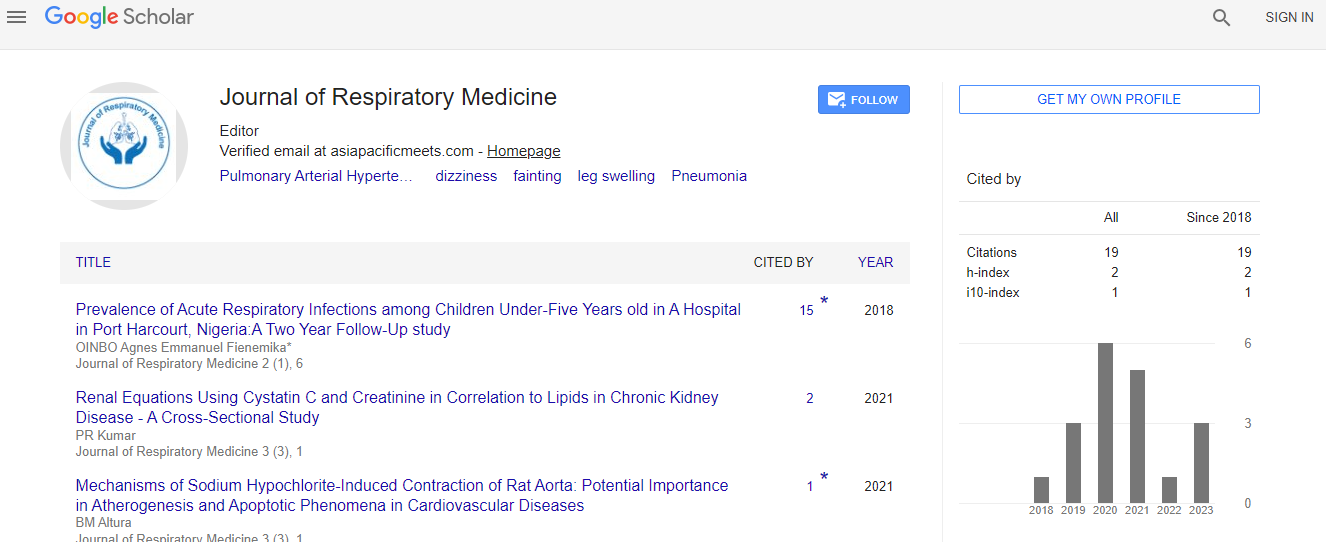Respiratory Bronchioles: Structure, Function and Clinical Significance
*Corresponding Author:Received Date: Nov 01, 2024 / Published Date: Nov 30, 2024
Copyright: © 0 . This is an open-access article distributed under the terms of the Creative Commons Attribution License, which permits unrestricted use, distribution, and reproduction in any medium, provided the original author and source are credited.
Abstract
Respiratory bronchioles represent a crucial transition point in the respiratory system, linking the conducting and respiratory zones. These small airways, characterized by alveolar outpouchings and a unique epithelial lining, play a vital role in gas exchange and airway regulation. Their structure includes smooth muscle and elastic fibers, which facilitate dynamic changes in airflow. Furthermore, respiratory bronchioles contribute to pulmonary defense through the secretion of surfactant and immune responses. Pathological alterations in these structures are significant in various pulmonary diseases, including chronic obstructive pulmonary disease (COPD), asthma, and bronchiolitis, underscoring their clinical relevance. Understanding the anatomy and function of respiratory bronchioles is essential for diagnosing and managing respiratory conditions effectively. This article reviews the structural and functional aspects of respiratory bronchioles, alongside their implications in respiratory health and disease.

 Spanish
Spanish  Chinese
Chinese  Russian
Russian  German
German  French
French  Japanese
Japanese  Portuguese
Portuguese  Hindi
Hindi 